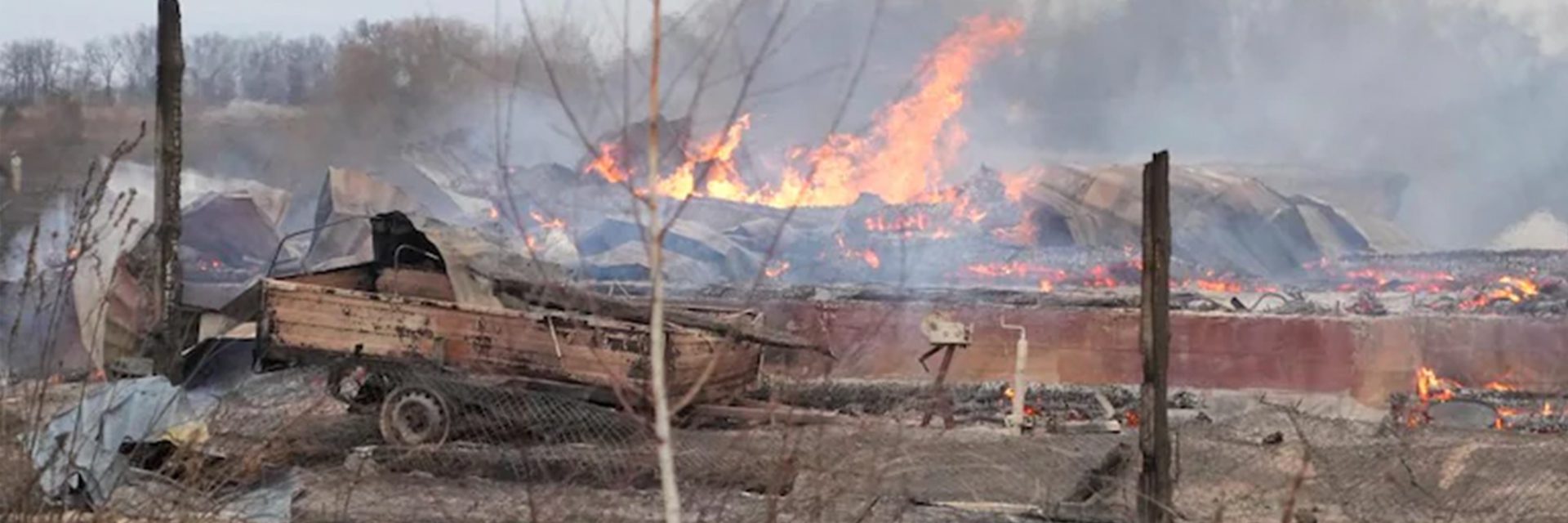The article first appeared in The Indian Express on March 7, 2022.
The ongoing Ukraine crisis has significant implications for India’s energy sector, presenting challenges and opportunities. The macroeconomic impact is palpable, with rising global crude oil prices affecting India’s balance of payments, exchange rate, and inflation. As of now, the inflation-adjusted price of Brent crude remains below historic peaks, but continued volatility could strain India’s economy. Additionally, the disruption of energy trade routes and geopolitical alignments could have far-reaching consequences.
India’s energy assets in Russia, including ONGC’s stakes in the Vankor oil field and Sakhalin-1 project, have suffered value erosion. The option to divest or expand stakes poses ethical and strategic dilemmas. Meanwhile, Nayara Energy’s operations may face risks due to its Russian ownership, potentially complicating crude procurement and refining activities.
Globally, four emerging trends will shape India’s energy strategy. The strengthening Russia-China energy partnership, exemplified by projects like the “Power of Siberia” pipelines, signals a reconfiguration of energy alliances. The United States, now a dominant oil producer and LNG exporter, may mitigate global supply disruptions but prioritizes markets based on profitability. Saudi Arabia’s role as a swing oil producer highlights its capacity to influence prices, while China’s dominance in rare earths and clean energy supply chains poses a long-term challenge.
Domestically, the crisis underscores the fragility of India’s petroleum industry. Policies preventing oil marketing companies (OMCs) from passing on higher costs to consumers could cripple their finances and derail privatization efforts. Furthermore, understanding the motivations of leaders like Vladimir Putin, Mohammed bin Salman, and Xi Jinping, who wield disproportionate influence over global energy markets, is crucial.
To safeguard its energy security, India must embrace five policy priorities. First, anticipate and prepare for persistent market volatility. Second, expand strategic petroleum reserves to cushion against supply shocks. Third, revive regional energy projects, such as transnational gas pipelines from Turkmenistan and Iran. Fourth, accelerate efforts to reduce dependence on China for critical minerals and clean energy technologies. Lastly, employ psychological and geopolitical analyses to predict the decisions of energy autocrats.
The Ukraine crisis offers valuable lessons. Beyond economic calculations, understanding the geopolitical ambitions and personal motivations of energy leaders will be essential for crafting resilient energy policies. Proactive, multi-pronged strategies will enable India to navigate the shifting energy landscape and secure its national interests.
Read more: The Indian Express
Find more Global Indian Top Reads

